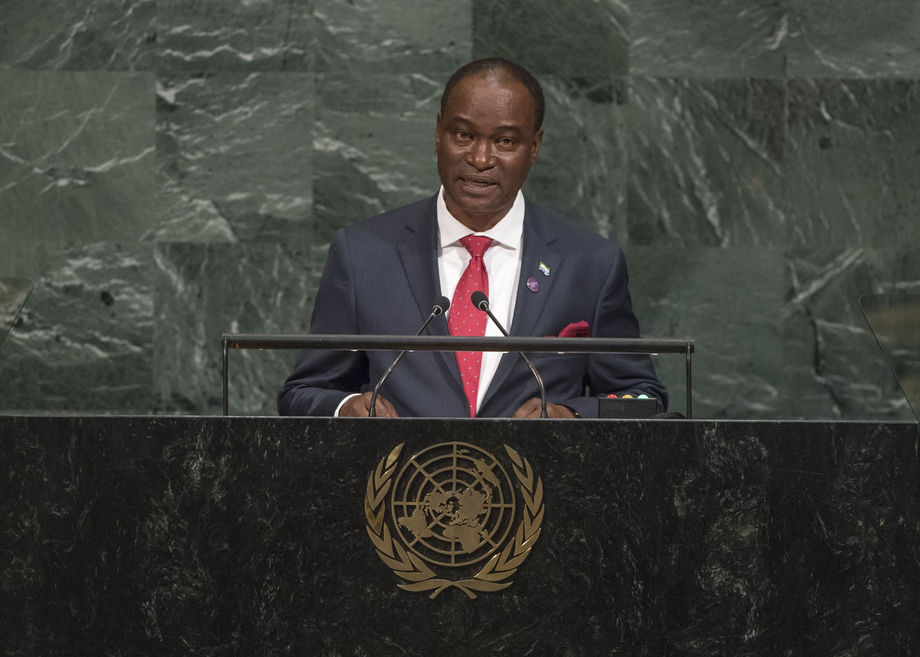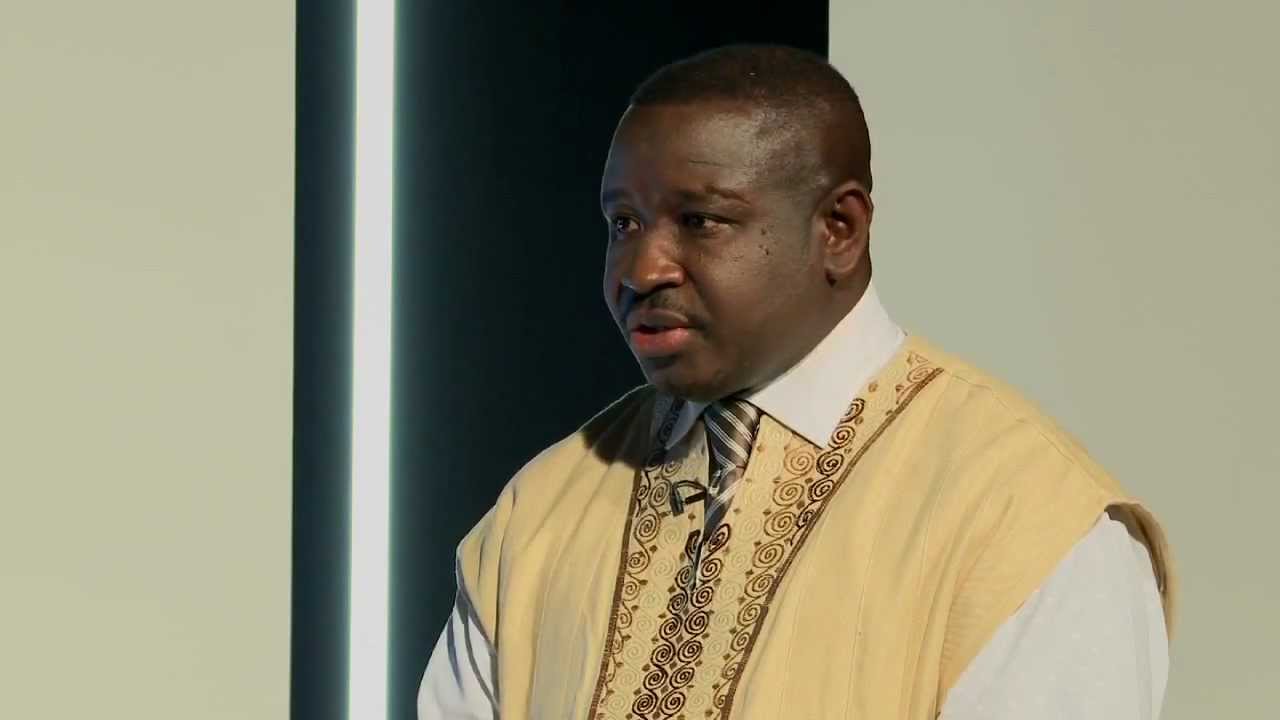The Commonwealth has deployed a 20-member Observer Group, led by former President Jakaya Kikwete of Tanzania, for the February 16 Nigerian presidential election.
The Commonwealth Secretary-General, Patricia Scotland, constituted the observer group following an invitation from Nigeria’s Independent National Electoral Commission (INEC), according to Commonwealth Secretariat.
Josephine Latu-Sanft, Commonwealth Secretariat’s Senior Communications Officer, said members of the group included politicians, diplomats and experts in law, human rights, gender and election administration from across the Commonwealth.
She quoted Ms Scotland as saying that an advance group of observers was deployed to Nigeria on January 28, while other members of the team were expected to arrive in Abuja on February 8.
Ms Scotland said: “The Commonwealth has a long history of observing elections in member countries, in solidarity with electors as they choose their leaders, and in support of efforts to strengthen democracy and the rule of law in accordance with the values and principles of the Commonwealth Charter.
“The Commonwealth has observed the previous five elections in Nigeria, and I am pleased to be deploying so distinguished a group to again support the nation in its continuing journey of democratic development”.
The Commonwealth Observer Group’s mandate was to observe and consider factors affecting the credibility of the electoral process as a whole.
It would assess whether the elections have been conducted in accordance with the standards for democratic elections to which Nigeria has committed itself, with reference to national legislation and relevant regional, Commonwealth and international commitments.
Where appropriate, the Group could also make recommendations for the future strengthening of the electoral framework.
The Commonwealth Observer Group would consider the pre-election environment and election preparations.
Members would be deployed to various regions of the country where they will observe the voting, vote-counting and results procedures.
The Group would submit its final report for consideration by the Commonwealth Secretary-General, and she will in turn share it with the Government of Nigeria, INEC and political parties.
The Secretary-General would also convey the report to all Commonwealth governments after which the report would then be made public.
The Group would be supported by Commonwealth Secretariat staff led by Katalaina Sapolu, Senior Director of the Governance and Peace Directorate.
Other members of the Commonwealth Observer Group are Lesley Clark of Australia; Gary Dunn, former Commonwealth Deputy Secretary-General from Australia; and Omar Jallow from The Gambia.
Members of the group also comprised Emmanuel Akwetey, Prosper Bani and Emmanuel Bombande, all from Ghana.
Shahabuddin Quraishi from India, Orrette Fisher from Jamaica and Jedidah Waruhiu from Kenya are also members of the group.
Also in the group are Notemba Tjipueja from Namibia, Eric Kwa from Papua New Guinea, Ernest Sagaga from Rwanda and Marcella Samba-Sesay from Sierra Leone.
Others are Crystal Orderson from South Africa, Joy Napier from St Kitts & Nevis, Elizabeth Donnelly from United Kingdom, Linda Duffield, also from United Kingdom, and Musa Mwenye from Zambia.
![18 out of 91 political parties not fielding candidates in Saturday’s presidential poll [Full List]](https://thenewsguru.ng/wp-content/uploads/2016/11/inec-election.jpg)



